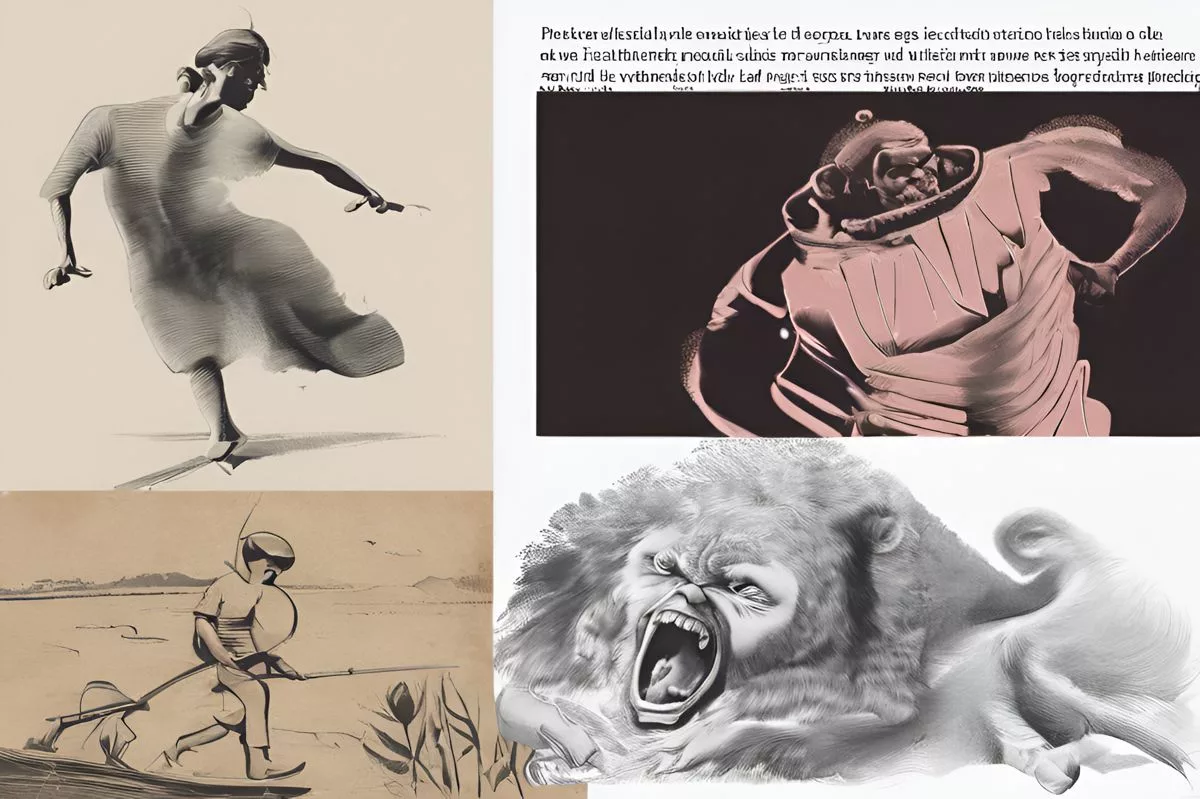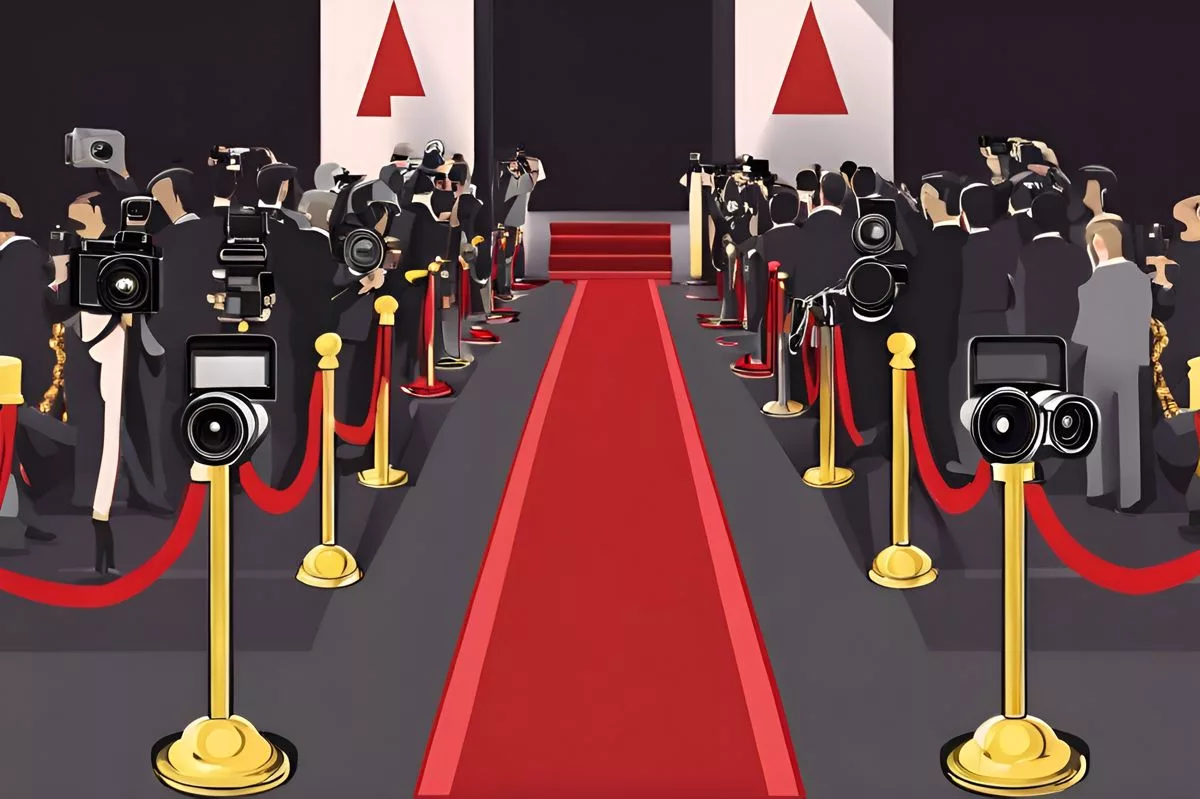The South African Football Association recently faced controversy over the provision of bonuses for the national soccer team, Bafana Bafana, after their third-place win at the Africa Cup of Nations. SAFA denied rumors but later disclosed a mutual bonus agreement with the players, with specifics unknown. The situation highlights the importance of financial incentives in competitive sports and SAFA’s approach to transparency and collective growth. Overall, the incident showcased the professionalism and dedication of both the players and the association, with a mutual understanding of the importance of fostering football and representing the nation over personal financial gains.
What is the Bonus Controversy with the South African Football Association?
The South African Football Association (SAFA) and Bafana Bafana, the national soccer team, were recently embroiled in controversy over the provision of bonuses for the team’s third-place win at the Africa Cup of Nations. SAFA denied the rumors but later disclosed a mutual bonus agreement with the players, with the specifics unknown. The situation highlights the importance of financial incentives in competitive sports and SAFA’s approach to transparency and collective growth.
The Unraveling of the Bonus Controversy
The South African Football Association (SAFA) was recently thrust into the spotlight with swirling conjectures concerning the provision of bonuses for the national soccer team, Bafana Bafana. This comes on the heels of their commendable third-place win at the Africa Cup of Nations. SAFA’s categorical denial of these rumors brought to light important insights into the association’s operations and its rapport with the footballers.
Football has always been more than just a sport; it’s a unifying power that bridges nations together, an opportunity for sportspeople to showcase their skills, and a source of national joy. Bafana Bafana’s performance at the Africa Cup of Nations, which saw them secure the bronze medal, was an awe-inspiring accomplishment. It reinstated confidence in the team’s trajectory and highlighted the positive influence of Coach Hugo Broos, who has reportedly consented to extend his tenure.
Nevertheless, the jubilations were briefly overshadowed by whispers that the team would not reap any bonuses for their third-place victory. These insinuations triggered a wave of concern, considering that bonuses constitute an essential motivating factor for the players. In response, SAFA opted not to reveal the specific nature of the bonuses that Bafana Bafana would receive.
Delving into the Bonus Agreement
The SAFA disclosed that a bonus structure was mutually agreed upon with the players before the commencement of the tournament. A binding agreement was drawn between the association and the team, specifying the pay and bonus provisions dependent on the team’s performance. The lack of transparency regarding the precise bonus amounts suggests that both parties were satisfied with the agreement.
However, the complexities of the situation extend beyond the mere bonus structure. The players are still awaiting their bonuses due to the association’s anticipation of tournament bonus payments from the Confederations of African Football (CAF). SAFA further elucidated that the residual funds would be channeled towards the growth of the sport, rather than benefiting the members of the national executive committee or any SAFA staff.
The Importance of Financial Incentives
This incident further highlights the crucial role of financial incentives in competitive sports. As articulated by SAFA, the monetary returns from the senior national teams are vital in sponsoring the junior squads, enabling them to participate in more training camps and competitive matches.
Perhaps the most striking aspect of this situation is the mutual understanding and agreement between the athletes and the association. It is indicative of a mature relationship where the collective ambition of fostering football supersedes personal financial gains. Despite knowing that the bonus would only be granted upon winning the tournament, the players demonstrated their dedication by delivering some thrilling soccer that reinstated belief in the team’s trajectory.
SAFA’s Approach to Transparency and Collective Growth
SAFA’s response in this incident is reflective of an association that values transparency, accountability, and collective advancement over individual profits. As the Chief Financial Officer and Chief Executive Officer of SAFA gear up to account for the utilization of funds received from CAF, it’s evident that every cent of the bonuses will undergo thorough scrutiny.
In summary, the saga of Bafana Bafana’s bonuses serves as a testament to the professionalism and dedication of both the players and the association. It delivers a powerful message that the passion for the sport, and the honor of representing one’s nation, often surpasses financial rewards.
What triggered the Bonus Controversy with SAFA and Bafana Bafana?
The rumors about the bonus controversy started after Bafana Bafana secured a third-place win at the Africa Cup of Nations. Concerns arose that the team would not receive any bonuses for their victory.
Did SAFA deny the rumors about the bonus controversy?
Yes, SAFA initially denied the rumors about the bonus controversy with Bafana Bafana.
Was a mutual bonus agreement made between SAFA and Bafana Bafana?
Yes, SAFA later disclosed a mutual bonus agreement with the players, with the specifics of the agreement unknown.
Why are financial incentives important in competitive sports?
Financial incentives play a crucial role in competitive sports, as they can motivate players and teams to perform better. Additionally, the monetary returns from senior national teams can sponsor junior squads for training camps and competitive matches.
What is SAFA’s approach to transparency and collective growth?
SAFA values transparency, accountability, and collective advancement over individual profits. The association aims to scrutinize every cent of the bonuses to ensure they are utilized for the growth of the sport.
What does the bonus controversy highlight about Bafana Bafana and SAFA?
The bonus controversy showcases the professionalism and dedication of both the players and the association. It also demonstrates a mutual understanding between the athletes and SAFA that the collective ambition of fostering football supersedes personal financial gains.












